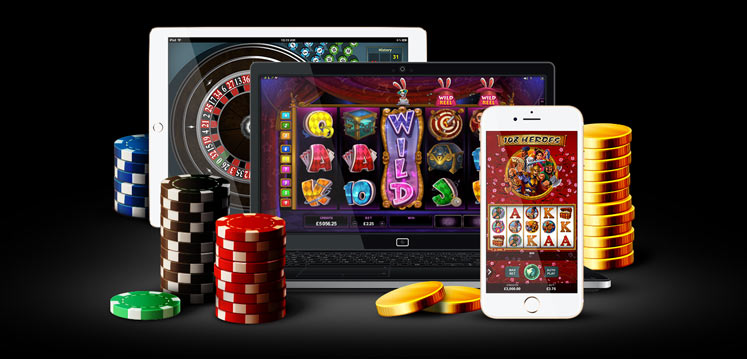
Betting via Decentralized Apps
The landscape of gambling and betting has undergone a significant transformation in recent years, largely driven by the advent of blockchain technology and decentralized applications (dApps). Traditional betting platforms often face criticism for their lack of transparency, high fees, and susceptibility to fraud. However, with the rise of decentralized apps, users can now place bets in a more secure and efficient manner. One such platform is Betting via Decentralized Apps betandres-br.com/pt/home-br, which exemplifies how innovations in the betting sector are paving the way for a new era of gambling.
Understanding Decentralized Applications (dApps)
Decentralized applications are built on blockchain technology, allowing them to function without a central authority. This means that no single entity can control the system, leading to enhanced security and reduced risks of manipulation. In traditional betting platforms, users must place their trust in the operators, who manage the system and its finances. In contrast, dApps operate on smart contracts, which are self-executing contracts where the terms are written into code and run on the blockchain.
Advantages of Betting via Decentralized Apps
The integration of decentralized applications into the betting industry brings about several advantages:
- Transparency: Every transaction made on a blockchain is recorded and open to public scrutiny. Users can verify the fairness of games and the integrity of the betting process.
- Security: Blockchain technology enhances the security of transactions and user data. Sensitive information is protected from unauthorized access, and the decentralized nature of dApps reduces the risk of hacking.
- Lower Fees: Traditional betting houses often impose high fees on transactions. dApps typically operate with lower overhead costs, allowing for reduced fees for users.
- Access to Global Markets: Decentralized betting platforms are not limited by geographical boundaries. Users from different countries can access the same platform without the constraints imposed by local regulations.
- Community Governance: Many dApps utilize a community-driven approach, where users can participate in decision-making processes. This creates a more democratic environment, as users can vote on the platform’s direction and policies.
The Role of Cryptocurrencies in Decentralized Betting
Cryptocurrencies play a crucial role in the functionality of decentralized betting applications. They enable fast and secure transactions without the need for intermediaries. Players can deposit and withdraw funds instantly, allowing for a more seamless betting experience. Additionally, cryptocurrencies often have lower transaction fees compared to traditional banking methods, making them an ideal choice for betting.

Popular Decentralized Betting Platforms
Various decentralized betting platforms have emerged in the last few years, attracting a growing number of users. Some of the notable ones include:
- Augur: A decentralized prediction market that allows users to bet on the outcome of real-world events.
- Gnosis: Another prediction market platform that leverages blockchain technology for smart contract betting.
- FunFair: A blockchain-based gaming platform that provides casino-style games with minimal house edge.
- Unikrn: A betting platform focused on esports, enabling users to place bets on competitive gaming events.
Challenges Facing Decentralized Betting
Despite the numerous benefits, decentralized betting applications are not without their challenges. Some of the key issues include:
- Regulatory Uncertainty: Many countries have yet to fully understand or regulate blockchain technology and cryptocurrencies, which can lead to legal challenges for users and developers alike.
- User Adoption: While the number of users is growing, many still prefer traditional betting platforms due to familiarity and ease of use.
- Technical Barriers: For some users, the technical nature of dApps and blockchain can be daunting, leading to a steeper learning curve compared to conventional betting sites.
The Future of Betting via Decentralized Apps
The future of betting via decentralized applications looks promising. As blockchain technology matures and more users become aware of the advantages offered by dApps, we can expect to see a significant shift in the betting landscape. Innovations such as enhanced user interfaces, increased regulatory clarity, and further integration of cryptocurrencies will contribute to the growth of decentralized betting platforms.
Conclusion
Betting via decentralized apps represents a revolutionary step forward in the gambling industry. By leveraging blockchain technology, these platforms provide users with a transparent, secure, and efficient way to place bets. Although challenges remain, the potential benefits are immense and indicate a bright future for the integration of decentralized technology in the betting world. As players increasingly seek alternatives to traditional platforms, decentralized applications are poised to take center stage.